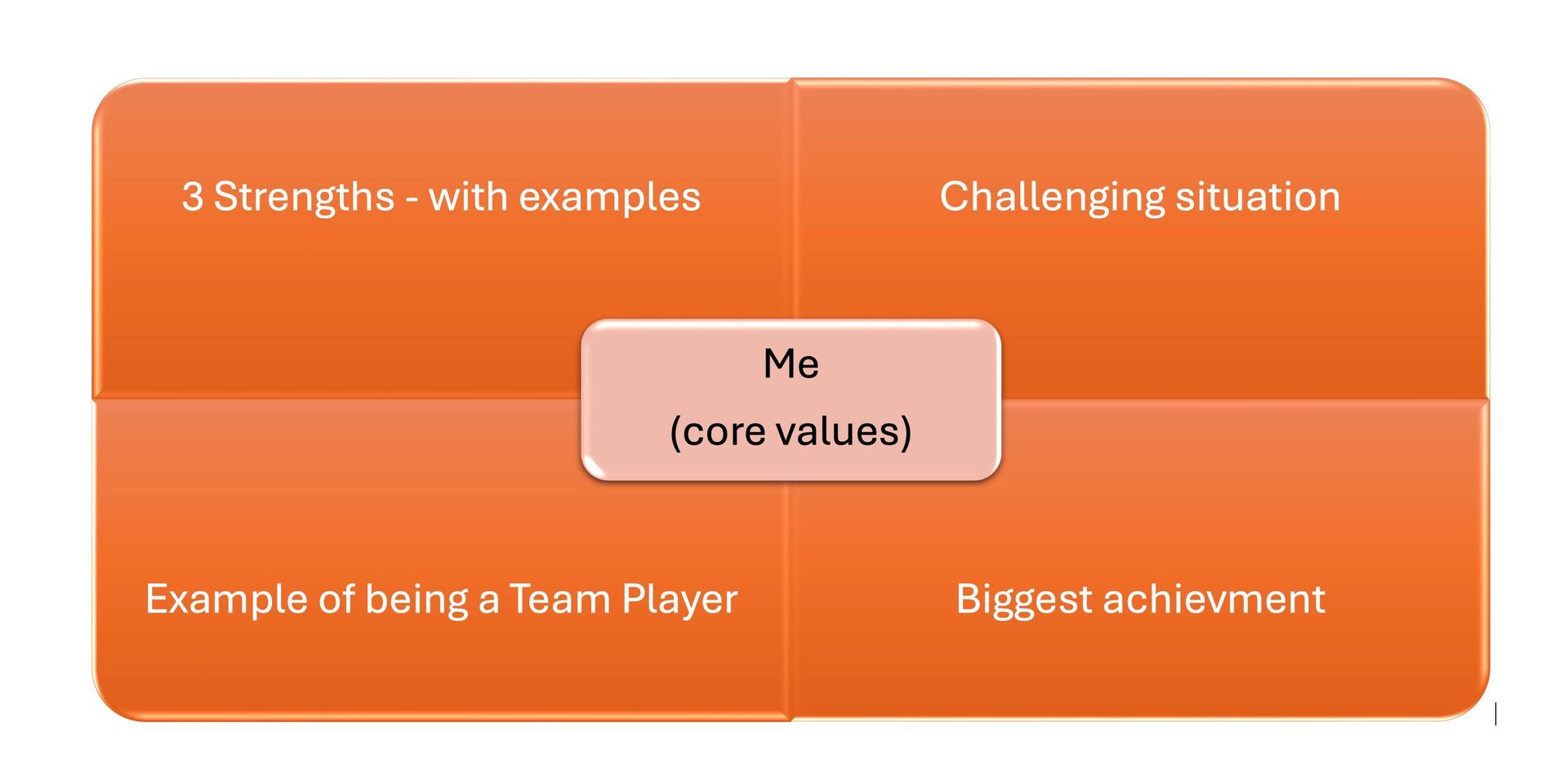Quiet quitting or setting new boundaries…
Is quiet quitting just a new label for disengagement. Are we describing the team members who do the bare minimum to not get fired. By doing this they think they are in control but in the long term our they damaging themselves. That lack of engagement does not feed the soul and therefore it is destructive to them as well as the organisation. Quitting implies that you have given up, but they are still there working albeit at a less optimum level.
The freedom you think working less will give you, actually controls you more, as the concentration to not to do as much as you are capable of is restricting. Working with passion and total engagement effectively happens organically therefore focusing on quiet quitting takes focus and actually makes you have less freedom.
Is quiet quitting a new phenomenon since Covid? We have all re-evaluated our lives and our self preservation has kicked in. If we see it in Leadership we would say it was finding balance so is the term quiet quitting right?
Adam Grant defines employee engagement as cognitive, emotional and behavioural. The cognitive is our attention and total absorption in work. Emotional is the amount of energy, vigour, enthusiasm and vitality we apply. Behavioural is the initiative we show by delivering thorough and high quality work by reaching our goals. Simplified even more Think/Feel/Do the three operating systems of us as humans. This engagement can be applied to your job role and not necessarily the organisation.
Therefore since Covid I could say I like my team and I am liked by my team but now I don’t want to work anymore than 40 hours.
The answer to determining whether you have quiet quitters is that awkward conversation. Is the person setting new health boundaries or are they disengaged with their role or the organisation. Bréne Brown says as a leader you need to sit with discomfort and provide space for these key awkward conversations.
Is quiet quitting about setting new boundaries. Simply asking “What is OK and what is not OK?” again Brown makes a big point of getting clarity on the positive as much as the negative.
Understanding what is a boundary will also mean understanding emotional professionalism. Seth Godin explains we ask team members to bring their whole selves to work with their emotions, however that is not sitting at a meeting not contributing with your arms folded this would be emotional unprofessionalism. Brown says the Leader’s role is to have the capacity to sit with even more discomfort to understand the boundaries associated with emotional professionalism.
I highly recommend Part II of the Dare to Lead podcast with Bréne Brown, Adam Grant and Simon Sinek.
Contact
bev@nuggetsoflearning.co.uk
01483 898 936
07816853314
Address
Nuggets of Learning Limited
Bramley Manor,
High Street, Bramley,
Surrey, GU5 0HS
© 2024 Nuggets of Learning Limited. All Rights Reserved. Privacy | Cookies Policy.












